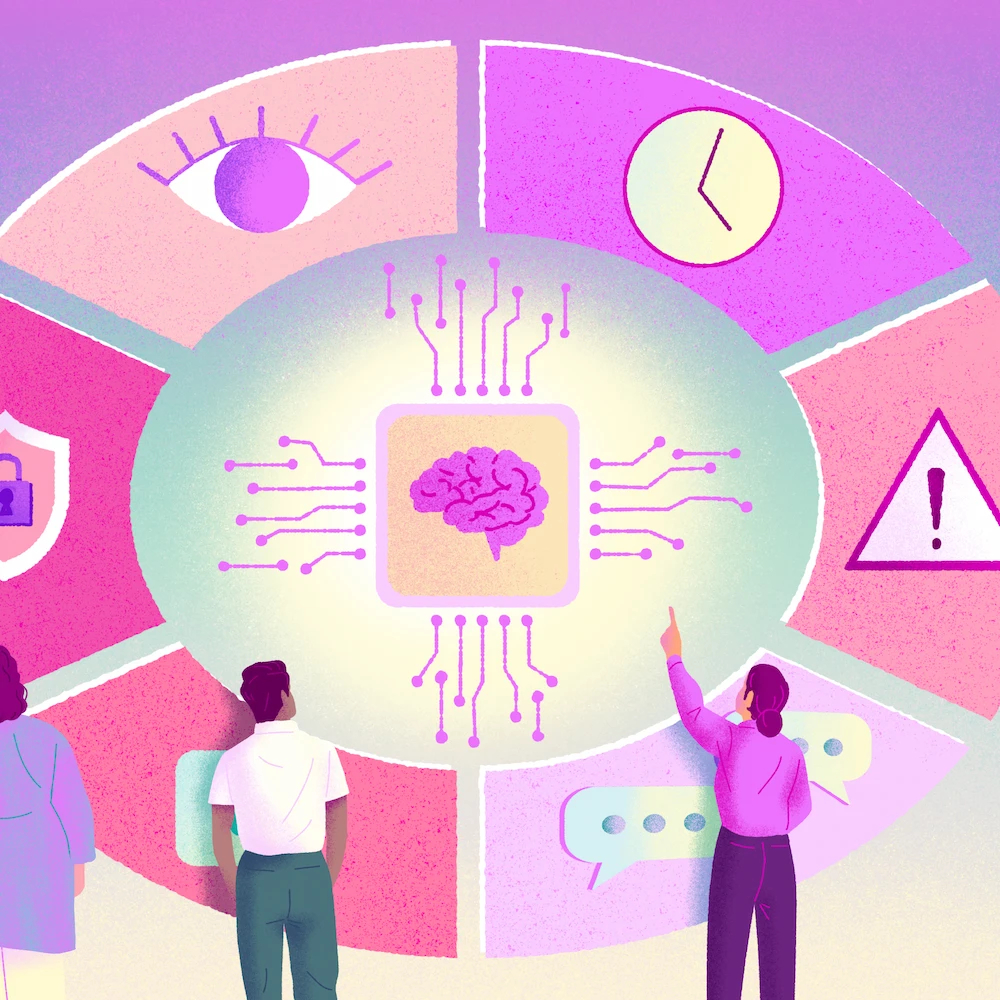Skills assessment is a method of analysis used to study an individual’s professional aptitudes in two types of situation: when recruiting a candidate, or when monitoring an employee’s professional development.
What Is the Purpose of a Skills Assessment?
Skills Assessment for Recruitment
Skills assessment during recruitment helps to evaluate and determine whether candidates have the right qualifications for a position. This enables managers to identify qualified candidates and hire more competent employees. It also provides an objective assessment of candidates’ general and technical skills prior to a job interview.
Skills Assessment for Professional Development
Using skills assessment to monitor employees’ professional development involves measuring an employee’s professional skills and verifying whether previously established objectives have been achieved.
It can be used to assess employees’ skills in order to find training and development opportunities, to identify possible promotions, or to check whether employees have the right set of skills in relation to the industry standard.
This evaluation process also enables managers to better support employees throughout their career path. Since skills assessment matches professional objectives with the right skills, it can also be used by staff as an asset when negotiating a job or promotion.
Assessing skills also helps to better understand the training needs of the workforce, and to avoid investing in inappropriate training. Companies can thus better manage their human capital by ensuring that their employees’ skills are used to their full potential to meet business needs.
How to Assess a Candidate’s Skills?
When recruiting new talent, skills assessment can be carried out in a variety of ways. However, skills assessment tests are the most commonly used option.
What Are Some Examples of Skills Assessment Tests?
The most common skills assessment tests are the following:
- Psychometric tests
- Personality tests
- General mental aptitude assessments
- Tests of professional knowledge
- Situational judgment tests
- Non-technical skills tests
How to Evaluate an Employee’s Skills?
Performance reviews provide a great moment to review an employee’s professional skills. Technical, interpersonal and managerial skills, as well as expertise (knowledge, interpersonal skills and know-how), can be assessed using a performance evaluation guide specific to each company.
The next objectives to be reached are determined at the end of the assessment and an action plan is drawn up with the employee, if necessary.
What Are the Methods Used to Assess an Employee’s Skills?
The most common ways of assessing employee skills are as follows:
- Comparing performance from one year to the next to measure the quality of work compared to previous work.
- Evaluating how measurable objectives were achieved (such as key performance indicators) previously set.
- Asking employees to complete periodic self-assessment questionnaires to identify their own strengths and weaknesses.
- Organizing mentoring sessions.
- Organizing regular one-on-ones.
How to Take a Skills Assessment?
A skills assessment is carried out in three distinct phases. The preliminary phase enables managers to analyze the employee’s request, determine the format to be adopted and define the procedure. At this stage, the employee can share their career path and clarify their needs and expectations.
The investigation phase enables the employee to build a career plan and assess its relevance. The employee will need to do some introspective work in order to identify their professional experience, skills, motivations, interests, aspirations, etc.
The conclusion phase enables the employee to take note of the detailed results of the investigation phase, and to validate the conditions and means for realizing the career plan. The employee can then visualize the action plan to be implemented to achieve their career ambitions.
How Long Does a Skills Assessment Last?
The maximum duration of a skills assessment is 24 hours. These hours are generally spread over several weeks.







